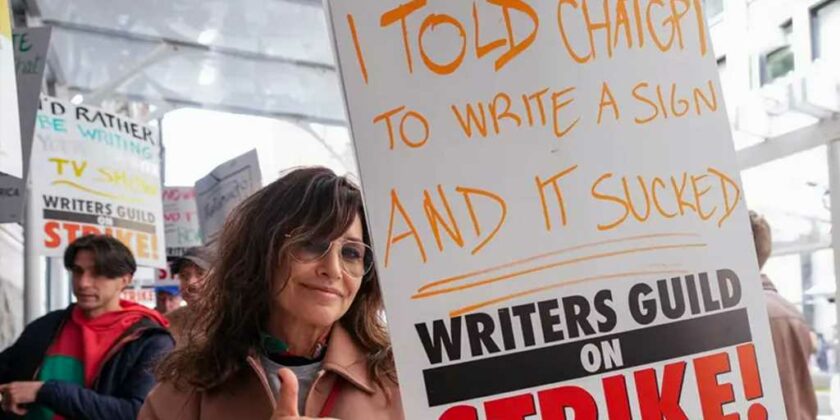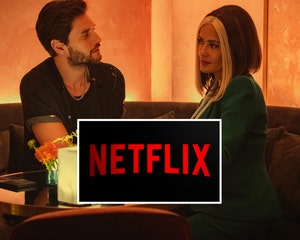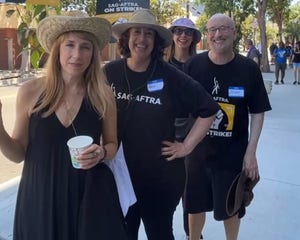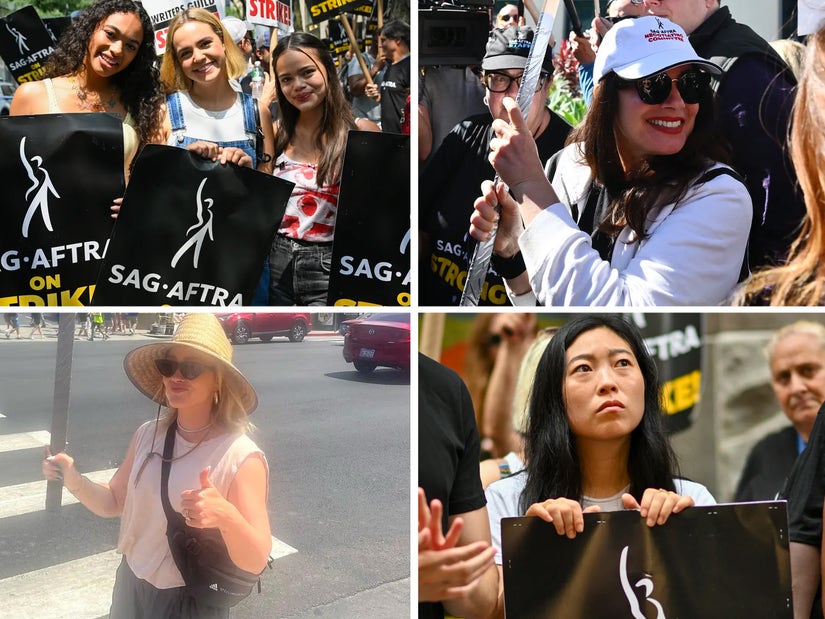"Human authorship is a bedrock requirement" and that is an "essential part of a valid copyright claim," ruled the judge.
While fears over the use of AI to generate intellectual property play a role in the WGA and SAG-AFTRA strike, a new ruling reaffirms only humans can have their works copyrighted.
Plaintiff Stephen Thaler wanted to copyright a piece of his art, titled “A Recent Entrance to Paradise,” which was AI-generated. The US Copyright Office denied Thaler’s request and he took the issue to court.
With AI at Center of Hollywood Strike, Netflix Hiring $900K a Year AI Role
US District Judge Beryl Howell, overseeing the case, has sided with the US Copyright Office.
The law has “never stretched so far” to “protect works generated by new forms of technology operating absent any guiding human hand,” said Howell, per The Hollywood Reporter.
“Human authorship is a bedrock requirement,” she noted and that is an “essential part of a valid copyright claim.”
“Plaintiff can point to no case in which a court has recognized copyright in a work originating with a non-human,” continued Howell, who also noted that these cases “will prompt challenging questions regarding how much human input is necessary to qualify the user of an AI system as an ‘author’ of a generated work.”
'Stop Telling Us To Stop': Actors On The Picket Lines Explain What Strike Really Means (Exclusive)
This ruling could possibly have an effect on the way studios are dealing with AI amidst the strike.
SAG and AMPTP cannot agree on specific details regarding compensation and consent, with the actors union wanting to be involved in individual uses of AI, a sticking point for AMPTP.
The WGA, meanwhile, has concerns regarding how AI could impact their credits or residuals. The union has stated that it will allow the use of artificial intelligence as a tool to help writing, but only if it won’t affect their writing credits.
Now for who owns the copyright for those works that used AI to collaborate is another question entirely.
Source: Read Full Article



